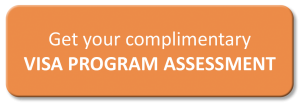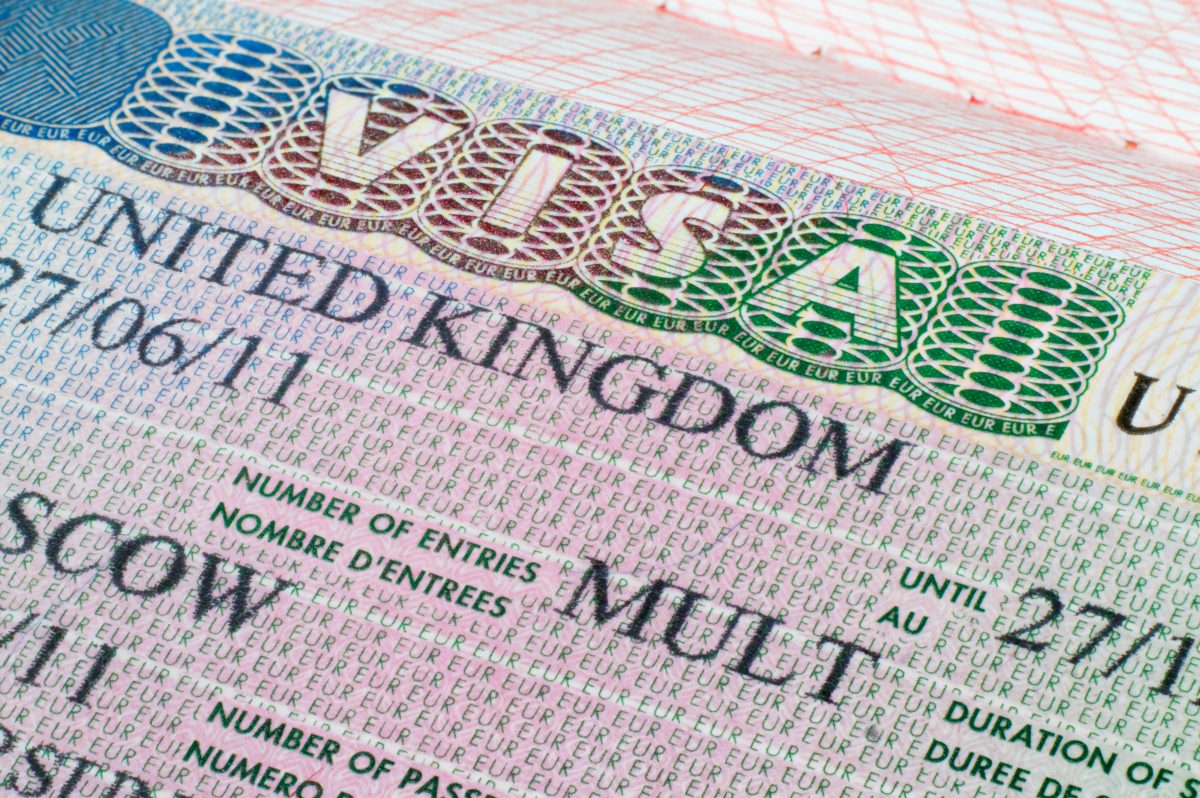EU citizen rights are not secure for those arriving in the UK during the post-BREXIT transition. Prime Minister Theresa May indicated EU citizens arriving post-BREXIT may not receive the same rights as those who arrived prior to the vote. Prime Minister May said while the details were a matter for negotiation with the EU, she is clear that there is a difference between the EU citizens who were in the UK prior to the vote, and those who arrive afterward, knowing the UK is leaving the EU.
What is the question on EU citizen rights?
Prime Minister May believes the government is doing what the British people asked the government to do, which is to deliver on the promise of BREXIT. As such, complete freedom of movement for EU citizens into the UK post-BREXIT is not supported during the transition period.
Prime Minister May has stated that EU citizens who arrive during the post-BREXIT transition must not have the same rights as those EU citizens within the UK prior to the vote. Prime Minister May has been very appreciative of the contributions EU citizens residing in the UK have made, and has clearly stated that “EU citizens living lawfully in the UK” will be able to stay in the UK post-BREXIT.
Who does this EU citizen rights issue affect?
- Employers who have EU citizen employees currently residing in the UK.
- EU citizens who arrive in the UK during the post-BREXIT implementation period and who are seeking residency.
What should employers and citizens expect from this EU citizen rights issue?
There may be an increase in applications for residency in the UK in response to Prime Minister May’s comments. Although the European Parliament believes citizen’s rights during implementation are in full effect and are not negotiable, Prime Minister May’s statements indicate negotiations on this point have not been finalized in her view. EU citizens may want to expedite their applications for residency with the expectation that a firm deadline will be negotiated.
Conclusion
Global Mobility Solutions’ team of global relocation experts have helped thousands of our clients manage relocation to the UK, as well as understand how BREXIT will impact their programs. We can help your company understand the impact of this EU citizen rights issue, and how to submit applications for residency in the UK. Contact our experts online or give us a call at 800.617.1904 or 480.922.0700 today.



















